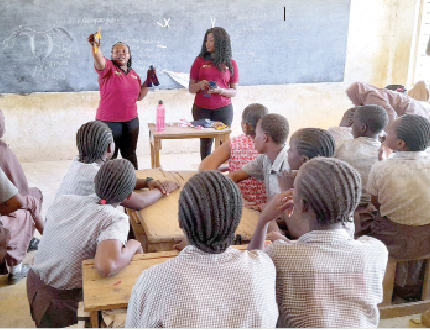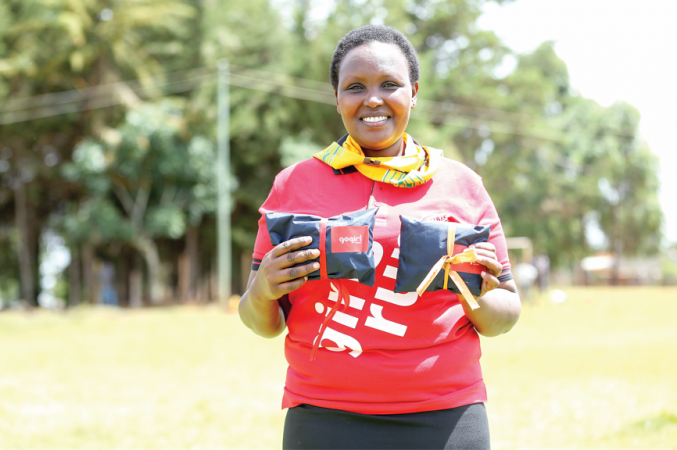Pandemic aside, give menstrual hygiene a priority

Onyango Rachael
Everyday about 300 million of world’s women and girls have their period. Since Covid-19 hit the world, there has been growing concern about its effects on the menstrual health and hygiene of these millions.
Before Covid, women and girls already faced a myriad of menstrual-related challenges such as low access to sanitary towels, tampons or menstrual cups.
More than 65 per cent of girls still can’t afford sanitary pads, leading to period poverty.
Secondly, timely access to information on menstrual hygiene management (at home and in school) has been a major issue during the pandemic.
In informal settlements, the situation was compounded by limited access to clean water and toilets—yet women and girls on menses need enough water and soap, safe places to change pads as well as safe disposal of pads.
The above situation has been made worse by the pandemic, which has disrupted access to products and menstrual information.
Containment measures such as community lockdowns, closure of schools and social spaces meant many women and girls could not access critical information about menstruation, as the spaces were closed for months. Routine health services have been reduced, as the country focuses attention on Covid.
The pandemic also disrupted access to menstrual products, as over 1.4 million girls lost out of the free sanitary distribution during schools closure. In the community, disrupted supply chains affected the cost of living, making menstrual products unaffordable for many.
Sanitary towels are still unaffordable to many, exposing adolescent girls to negative impacts such as transactional sex, lack of concentration at school, missing out on school days and even in some cases school dropout due to lack of access to menstrual products, facilities and information.
In the short-term, Covid response measures have to be gender responsive and understand the different needs of men and women.
At Practical Action, we provide menstrual materials as part of non-food items and specifically targeted women and girls through online Covid prevention campaign.
Sanitary pads are essential commodities, whose barriers to manufacturing and supply should be removed.
Women networks and social enterprises should especially be encouraged to produce re-usable sanitary towels.
Continuity of essential health and other social services, especially for adolescents is key.
Menstrual hygiene remains a critical issue that has to be addressed so that women and girls enjoy their human rights, and for Kenya to make critical steps to achieving Sustainable Development Goals.
Education on menstrual hygiene is still subject to social stigmatisation, and we have to break the silence through tailored messages for different audiences — girls, women, boys, policymakers, parent and teachers.
With affordability still being the major barrier to access, we have to provide an environment for innovations to further increase affordability.
We urge the government to review upwards budgetary allocation for menstrual hygiene and separate and track this financing.
Also, research to generate evidence is an crucial component towards ending period poverty in the country. — The writer works for Practical Action — [email protected]











